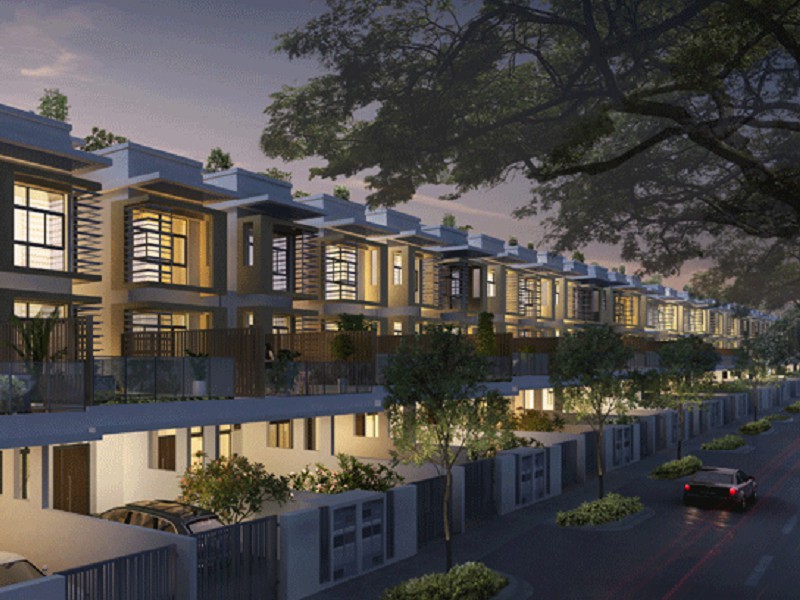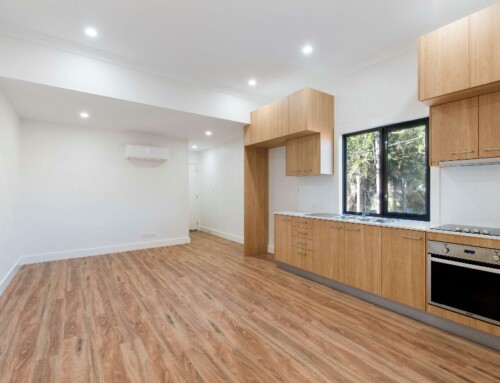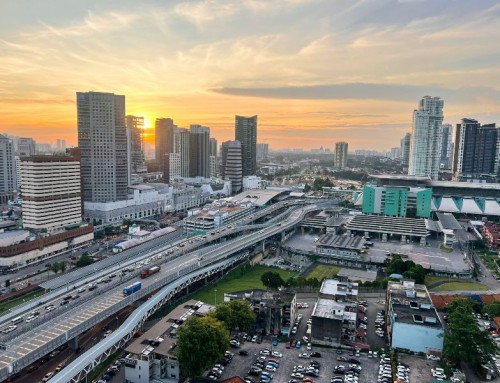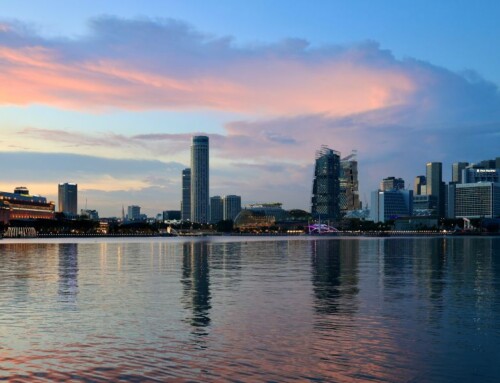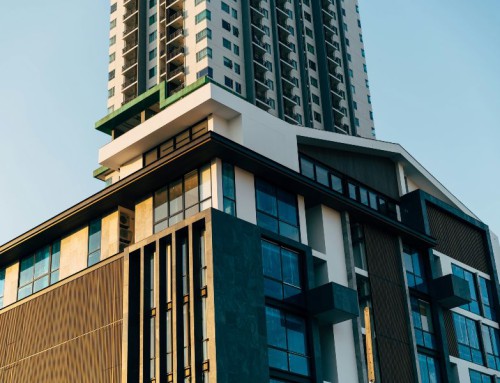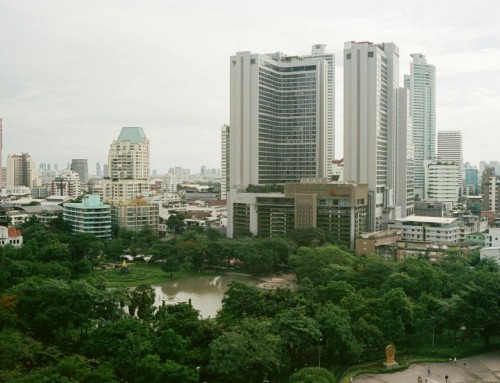In land scarce Singapore, a landed property is perhaps one of the most expensive property types that you can purchase. Only Singaporeans are allowed to purchase a landed property. A foreigner or Permanent Resident may apply to the Land Dealings Approval Unit (LDAU) at the Singapore Land Authority (SLA) for an approval to purchase a landed property but he has to fulfil certain criteria to be considered. It would be good to take note that the guidelines are very strict and approval is rare. The only place in Singapore where foreigners can purchase a landed property is in Sentosa Cove. An application to the LDAU is still required but the process is accelerated.
Landed properties generally provide home owners with more space as compared to a condominium or HDB. They also tend to be located in exclusive enclaves and thus you would require a car to travel conveniently to and fro if your landed property is further away from the main road. Do not expect landed properties to be located close to MRT stations. While there may be some landed properties close to train stations and amenities, these are more often an exception rather than the rule.
As a landed property owner you do not have to pay for any maintenance charges as you would in a condominium. The only monthly recurring fee would be your refuse removal fee which would be bundled together with your SP services bill. Do not assume that the maintenance is lower than a condominium as you are responsible for maintaining the whole property at your expense. Repainting and patching of any external cracks can be a major cost every few years. In most landed property areas, there is the availability of curbside parking. This is to complement the parking space within the compound. During festive seasons like Chinese New Year, expect the roads to be filled with cars parked along the sides.
Despite the various drawbacks, many Singaporeans do aspire to own a landed property. There are a few variants of landed properties.
1) Terrace Houses
Terrace houses, intermediate-terrace houses or inter-terrace houses are landed properties whereby each house shares the walls on both sides of the units. These are usually the most affordable of landed properties together with cluster houses. You still own your own land and thus you are free to demolish and make alterations to your property as you deem fit, so long as the changes comply with the regulations set by the authorities.
2) Semi-Detached Houses and Corner Terrace Houses
As the name suggests, it is half removed from the neighbours. There is only one common wall as compared to two on a terrace house. Semi-detached houses come in pairs whereas a corner terrace is the last in a row of intermediate-terrace houses. In general, the land which semi-detached houses sit on is larger than terrace houses.
3) Detached Houses or Bungalow Houses
These houses are detached from the neighbouring houses. They stand alone and have land around the house on all four sides. There are 4 types of bungalow houses. They are segregated into classes.
- Class 1: Land size from 400 square meters to 550 square meters
- Class 2: Land size from 550 square meters to 700 square meters
- Class 3: Land size from 700 square meters to 1,000 square meters
- Class 4: Land size from 1,000 square meters to 1,400 square meters
4) Good Class Bungalows (GCBs)
This is perhaps the most prestigious type of property you can purchase in Singapore. There are only about 2700 GCBs in 39 gazetted GCB areas. They have land sizes of at least 1,400 square meters or 15,000 square feet.
5) Cluster Houses
A cluster house is a hybrid between a landed property and a condominium. The main difference is that a cluster house owner does not own the land which his property sits on. The land is shared among all the other house owners in the development. Hence cluster house owners own a strata title as compared to a land title. A cluster house usually comes with a few facilities like a small swimming pool or gym. Foreigners can purchase cluster houses in approved condominium developments. You have to pay maintenance as you would in a condominium if you own a cluster house. This is a trade off to having to settle major maintenance like maintaining the facade of a typical landed property.
A landed property is a huge financial commitment. You should work out your finances and seek bank approval before embarking on your landed property hunt. When in doubt, look for an experienced property agent to assist you.
Yours Sincerely,
Daryl Lum
